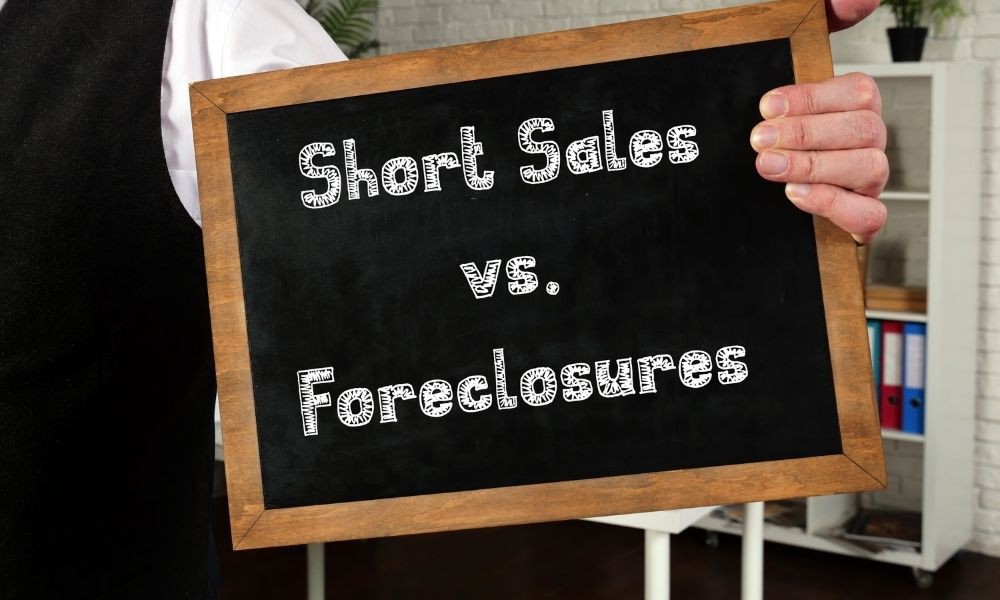Facing foreclosure can be a stressful and overwhelming experience for homeowners. However, a short sale offers an alternative solution that can alleviate the burden and provide a path forward. In this post, we’ll explore how a short sale can benefit homeowners facing foreclosure and how to get started with this process.
What Is a Short Sale?
A short sale is a real estate transaction in which you sell your home for less than the remaining balance on your mortgage. This option allows you to work with your lender to avoid foreclosure, which could otherwise have severe financial and emotional consequences. Instead of losing your home to the bank, you sell it to a buyer, potentially preserving your credit and giving you more control over the process.
The Benefits of Choosing a Short Sale
1. Minimize Credit Damage
While a short sale may impact your credit score, it’s typically less damaging than a foreclosure. A foreclosure can stay on your credit report for up to seven years, making it difficult to secure loans or credit cards. With a short sale, the hit to your credit is often less severe, and you may be able to rebuild your financial standing sooner.
2. Avoid Foreclosure and Its Emotional Toll
Foreclosure can be a lengthy and emotionally draining process. A short sale allows you to move forward with dignity, knowing you’ve taken proactive steps to address your financial situation.
3. Eliminate or Reduce Your Mortgage Debt
In many cases, a short sale can release you from the remaining mortgage debt. Lenders often agree to accept the proceeds from the sale as full satisfaction of the loan, especially if you demonstrate financial hardship.
4. Regain Financial Stability Faster
By avoiding the stigma of foreclosure, you can focus on rebuilding your finances. A short sale offers a clean slate, enabling you to move on to renting or even purchasing another property sooner than if you went through foreclosure.
5. More Control Over the Process
With a short sale, you have more say in the timing of the sale and the terms, unlike a foreclosure where the bank takes control. This means you can plan your next steps more effectively.
Steps to Start a Short Sale
1. Consult a Short Sale Specialist
Working with a real estate professional who specializes in short sales is crucial. They’ll help you navigate the complexities of the process, from listing your property to negotiating with the lender.
2. Prove Financial Hardship
Lenders require proof that you’re unable to continue making mortgage payments. Common hardships include job loss, medical expenses, divorce, or other unexpected financial challenges.
3. Submit the Necessary Paperwork
Your lender will need documents such as a hardship letter, bank statements, tax returns, and proof of income. Make sure to stay organized and respond promptly to any requests for additional information.
4. List Your Property
Your real estate agent will list your property at a fair market value, aiming to attract potential buyers. Remember, the lender must approve the sale price, so pricing the home correctly is key.
5. Finalize the Sale
Once a buyer is found and the lender approves the offer, you can move forward with the closing process. This marks the conclusion of the short sale and your transition away from the property.
Get Professional Help with Your Short Sale
Understanding your options is the first step to making an informed decision. At Short Sale Cooperative, we’re here to assist homeowners facing foreclosure by providing expert guidance and support throughout the short sale process. Visit our page on What Is a Short Sale or contact us today for more information.

Recent Comments